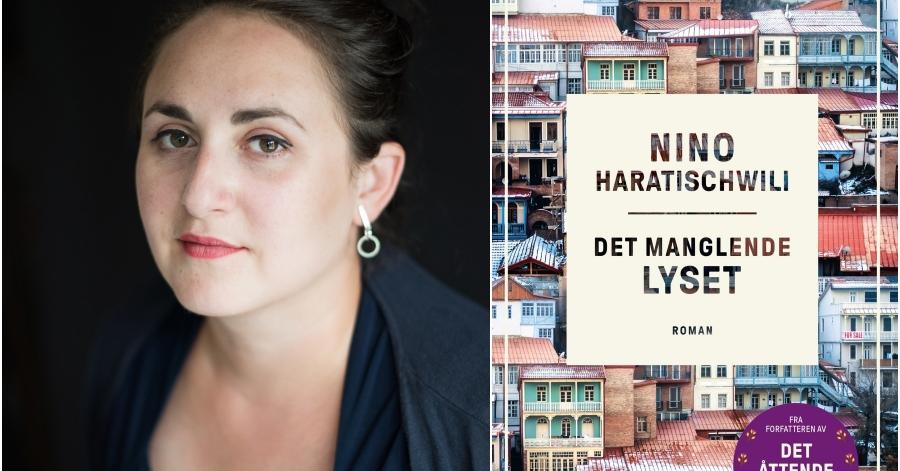Al-Bilad – Ibrahim Al-Niham “Photograph: Rasoul Al-Hujairi”
Al-Bilad – Ibrahim Al-Niham “Photograph: Rasoul Al-Hujairi”
– We can change the traditional lifestyle by looking at opportunities, not obstacles
Contestant No. 115 in the “Qadha” program, Ali Khalaf, said, “His participation in the program taught him that every person is ‘appreciated’, whether man or woman, young or old. The important thing is that he has the will to work to change the traditional lifestyle, without looking at the obstacles, but opportunities.”
Khalaf explained in his interview with Al-Bilad that “participation was a challenge to himself, before it was a challenge to the program itself,” adding that age is just a number.
Can you give readers an idea of who you are?
I am a trainer in the banking field, the head of a family, and I have been involved in sports for more than 10 years.
Have you ever participated in previous TV shows?
Yes, in the “Land of a Million” program, produced by the “MBC” group, and filmed at the NEOM site, as 100 participants compete against odds in the desert; To search for a million dollars, and the program cost in its huge productivity and was shown on the Shahid platform.
What encouraged you to enter the drive program?
The challenge, and the announcement of the program caught my attention from the first moment, as I was encouraged to participate in it, along with a number of my colleagues with whom I have been practicing various sports continuously, for many years.
Then I wondered why we do not try our abilities in this program? Indeed, a large number of my colleagues registered in it, 6 of whom qualified and 4 continued as actual participants, and the only one who was able to complete the program to advanced stages is only me.
Participation was a challenge to myself, before it was a challenge to the program itself, and what motivated me also is that I love adventure and extreme sports, such as parachuting and climbing mountains.
How did you first feel when you saw the participants in the program?
I was shocked, as most of them were young compared to me and less than twenty, although I do not see myself as old, but when I saw them I had this feeling, so I told myself that I had to enter this adventure and succeed in it, trying to prove to myself and to people that age is just a number, and my performance was And praise be to God, well, with the testimony of everyone.
What lessons did you take away from the programme?
I learned many lessons. The first is appreciation for any soldier I see in front of me. For reference, I grew up in Isa Town, “the city of the greats.” Many of my friends work in the military, and I hear a lot about such courses, but I expected them to be normal, quiet, and traditional.
However, the “Qadha” program presented me with a picture completely different from what I thought, with the trainers confirming that these challenges are only “husks” of what is happening in reality, especially in the advanced stages of military training.
I also learned from the program that a leader should always be “in word and deed”, whether in decency or discipline, or in manners and dealings.
I benefited from many relationships and friendships, whether with fellow participants, photographers or trainers.
What surprised you most about the programme?
The presence of an “informer” among us had a shocking effect on all of us, and it also strengthened me that some of the participants, through their speech and their physical appearance, suggested to us that they were the winners in advance.
However, the result was otherwise, and that the one who talks a lot or is strong in structure, or has a loud voice is not necessarily the one who will be the winner or the best performer, and that the one who works silently is the distinguished or the winner most of the time.
Did you hate any of the coaches?
no.
How did the program resonate with your family?
They did not expect him to come out like this, especially when I returned to them after an absence of 9 days, and at that time I was limp a little, and I wanted to eat food of all kinds, and I was physically exhausted.
After broadcasting the program, they saw the coaches screaming, the exhausting training, and the penalties, and they said to me: Why were they doing this to you? With the succession of the episodes, they understood the idea and goals of the program, and paid attention to my performance, and they were happy and proud of me.
A situation that is still stuck in your memory.
In the “barracks”, which is the place where we sleep, and the person whose bed next to me is Ali Sajjad, who won first place in the competition, and when the boxing challenge came, it was my destiny to become my opponent; Because he was the closest to me.
Before boxing, I said to him, “Ali, we are neighbors, we sleep together, and we eat with each other, and I know your level, little by little on me, and your victory is guaranteed, and nothing needs to be proven,” so he answered me, “Okay.”
And indeed, when we started, things were calm, but I apparently hit him by mistake, “and your eyes only see the light.” When I saw him after the race, I said to him, “I blame,” where is the “promise?” He replied, “I forgot my soul.”
What is your message to people through your participation in the program?
My message is that every person “cans,” whether man or woman, young or old, what is important is that he has the will to work on changing the traditional lifestyle and not look at the obstacles, but rather the opportunities.


